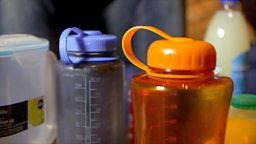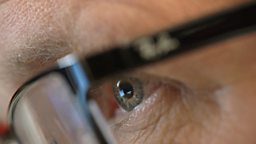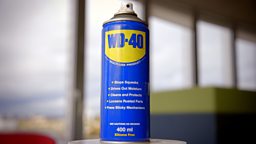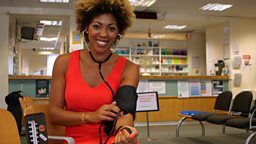Should I check my cholesterol levels at home?
In the UK, when we reach age 40, we are all encouraged to have our cholesterol levels measured every 5 years as part of our free health-checks. They are an important indicator of our risk of heart disease and stroke. But should we routinely monitor them at home using some of the available kits?

What is cholesterol?
Cholesterol is a fatty substance that is essential in all animals. It helps make the membrane that surrounds each of our cells and is the basis for many of our hormones.
Our livers also produce cholesterol as part of our bile – a substance which helps us digest fat and absorb the fat-soluble vitamins found in it.
Cholesterol is carried in our blood by substances called lipoproteins, and there are several different types, carrying cholesterol for different purposes.
When you have your blood cholesterol levels tested, it is these lipoproteins that are being measured.
LDL and HDL
LDL and HDL stand for ‘low density lipoprotein’ and ‘high density lipoprotein’. These are two categories of the lipoproteins that carry cholesterol in your blood.
LDL carries cholesterol from the liver to cells that need it, but if you have too much cholesterol in your blood being carried by LDL then it can build up on the insides of your blood vessels, restricting them and causing heart disease or stroke. It is commonly referred to as ‘bad cholesterol’.
HDL carries cholesterol away from your cells and back to the liver to be broken down or excreted. Higher levels of it are good and so it’s often called ‘good cholesterol’.
Standard blood tests from your doctor will generally give you the levels of both HDL and LDL (as well as sometimes levels of other fats in the blood called triglycerides).
Healthy levels
How to interpret cholesterol levels in terms of health is controversial. Many studies have shown a strong link between high LDL cholesterol levels and risk of heart disease and stroke, but these are only associations, and there are several other types of lipoprotein involved in transporting cholesterol and fats in our blood which are also likely to play a role in our heart disease risk, but which are not routinely measured.
However, the current research suggests that reducing our LDL levels and raising our HDL levels reduces our risk of heart disease and stroke.
The NHS recommends that your levels should be:
- LDL: Below 3 mmol/L for healthy adults (below 2 if you are high risk of heart disease)
- HDL: Above 1 mmol/L
This is sometimes given as a ratio, which is your total cholesterol divided by your HDL level, and it should be below 4.
Improving your cholesterol levels
Diet, exercise and smoking have all been linked to cholesterol levels. Smoking can lower your HDL levels, whilst exercise can raise it. The links with diet are more complicated – see .
Drugs such as statins can also be used to improve your cholesterol ratio. See .
Should I measure my levels at home?
Although everyone is encouraged to know their cholesterol levels, especially over the age of 40, none of the home test kits we tried were able to give an accurate measure when compared with the professionally-analysed blood test we did.
Our advice, then, is to have your cholesterol levels measured by a doctor. In the UK, this will be done every 5 years once you’re over the age of 40 as part of your regular free health checks.




































































